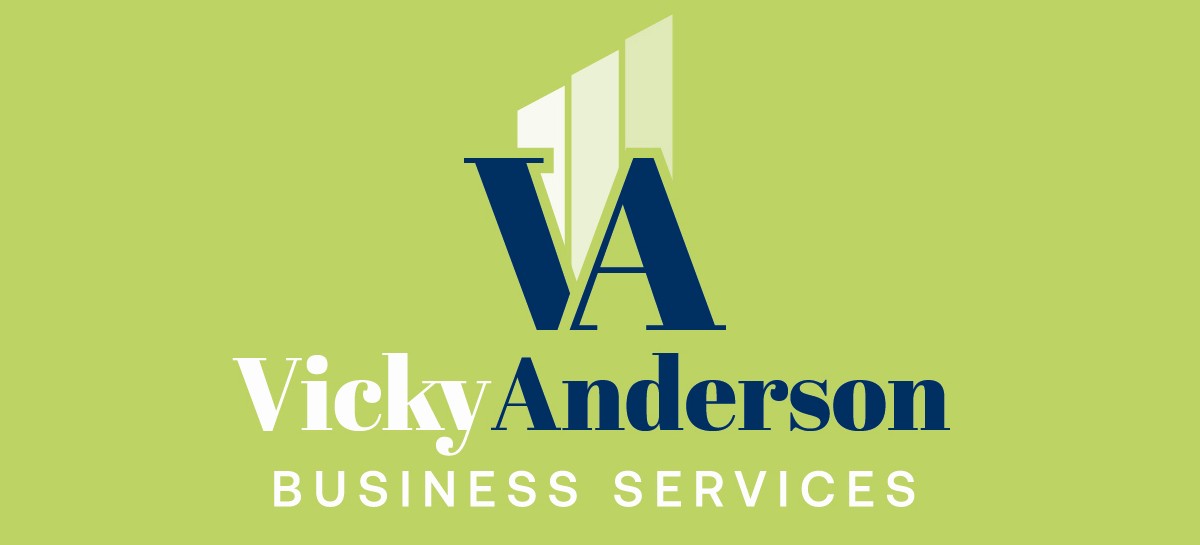As the financial year draws to a close, it’s the perfect time for small business owners and sole traders to assess their tax position and consider whether operating as a limited company might offer greater financial efficiency.
At Vicky Anderson Business Services, we support our clients in navigating these important decisions to ensure compliance and maximise tax efficiency.
Here’s what you need to know about year-end tax planning, corporation tax, and whether it makes sense to incorporate your business.
Year-End Tax: A Quick Refresher
The end of your accounting year is when you need to finalise accounts, declare income, and prepare for your Self Assessment tax return or corporation tax return, depending on your business structure.
For sole traders and partnerships:
Income is reported on a personal Self Assessment tax return.
Profits are taxed at income tax rates (currently 20% to 45%).
You may also owe Class 2 and Class 4 National Insurance contributions.
For limited companies:
The company prepares annual accounts and a Company Tax Return.
Profits are taxed at the corporation tax rate (currently 25% for most companies).
Directors are taxed separately on salary or dividends received.
Good year-end planning can help you reduce your tax liability through careful timing of income, expenses, pension contributions, and capital purchases.
Corporation Tax: What You Need to Know
If you operate as a limited company, your business profits are subject to corporation tax, not income tax. This is typically lower than higher-rate personal tax, which can result in significant tax savings—especially if you’re earning above £50,000.
2024/25 Corporation Tax Rates:
19% for companies with profits under £50,000.
25% for profits above £250,000.
A marginal relief rate applies between these thresholds.
This can be more favourable than income tax rates, particularly when profits are retained in the business or withdrawn through dividends, which are taxed at lower rates than salary.
Should You Become a Limited Company?
Choosing whether or not to incorporate is a strategic decision and depends on your income, growth plans, and personal goals. Here’s a summary of key considerations:
Advantages of Becoming a Limited Company
Lower tax on profits (compared to income tax for sole traders).
Limited liability – personal assets are protected.
Greater credibility and professional appearance.
More opportunities for tax-efficient remuneration (e.g., salary + dividends).
Potential for business investment or future sale.
Potential Drawbacks
More administration and compliance – accounts, confirmation statements, tax returns.
Must register with Companies House and maintain public records.
Director responsibilities include legal duties under the Companies Act.
You may need accounting support, adding to business costs.
How It Affects Your Tax With HMRC
If you incorporate:
You’ll register for corporation tax with HMRC.
You’ll no longer file Self Assessment as a sole trader, but you may still file for personal income (salary, dividends, or other).
PAYE registration may be required if you pay yourself a salary.
Dividends must be declared and taxed under the dividend tax regime.
HMRC treats limited companies as separate legal entities. This opens up more flexible planning options but also introduces greater regulatory obligations.
Is It Right for You? Let’s Talk
Becoming a limited company can bring tax savings and added protection, but it’s not the right move for everyone. At Vicky Anderson Business Services, we help you weigh up the pros and cons based on your unique circumstances.
If you’re considering incorporation or just want to ensure your year-end tax planning is on point, get in touch with us today for friendly, professional advice tailored to your business.
Contact us today to discuss your business structure or to schedule a year-end tax review.

